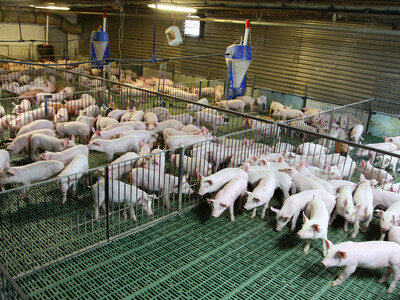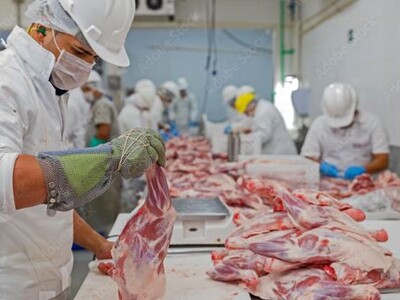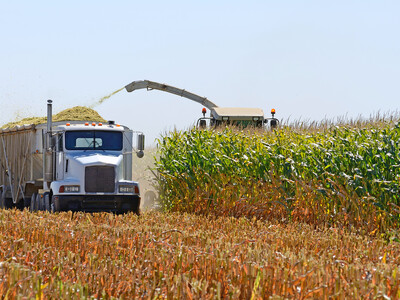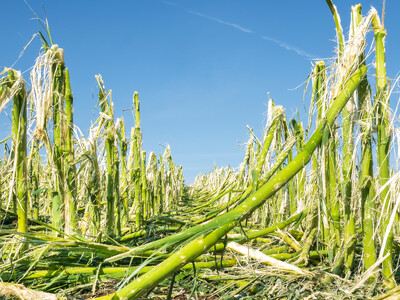Under Secretary Talks REAP

Under Secretary Talks REAP. I’m Greg Martin as Line On Agriculture presents the Harvest Clean Energy Report.
Earlier this week Under Secretary of Ag, Dallas Tonsager was in the Pacific Northwest to discuss renewable energy and biofuels in particular at a meeting held at the Pacific Northwest National Labs in Richland, Washington.
TONSAGER: We are having a meeting of the Technical Support Committee for the Biomass Research and Development Board. I’m co-chair of a board that is a government-wide board that coordinates research and development of biomass material, especially for energy. We’ve brought them here to closely look at what’s being done in the northwest related to biofuels and biomass production.
The board is composed of scientists and commercial industry experts from around the U.S. Tonsager talks about what they hoped to accomplish.
TONSAGER: For U.S. agriculture and for rural America, the long term thing is we have to continue to add dimensions to our agricultural sector. And so we are looking for the things that are being learned in this region of the country about agricultural production, practices, products and the things that might really work well for creating green energy and green products here.
He says this is an exploration to find what might work best from this region. Part of this whole mix is the Renewable Energy for America program and how it fits in the mix.
TONSAGER: There’s certainly a dovetail. The REAP program works with individual producers and private citizens across the United States to do energy efficiency and energy production projects. In the last several years we’ve done something like 7000 projects nationwide that are wind energy, that are methane digesters so that program supports thousands of projects across the U.S. and there’s many in this region of the country.
Tonsager says they are looking to expand on that but then there is the question of whether the REAP program will be continued.
TONSAGER: Well we think so. The REAP program has been probably the most popular energy program we’ve had. We’ve got about 8 programs out of the last farm bill that identify this. REAP has been around somewhat longer than that and has been really popular especially with agricultural producers. The REAP program has been important and people have seen a lot of direct benefit from it.
For additional information on clean energy, visit harvestcleanenergy.org. That’s today’s Line On Agriculture. I’m Greg Martin on the Ag Information Network.???www.harvestcleanenergy.org

















